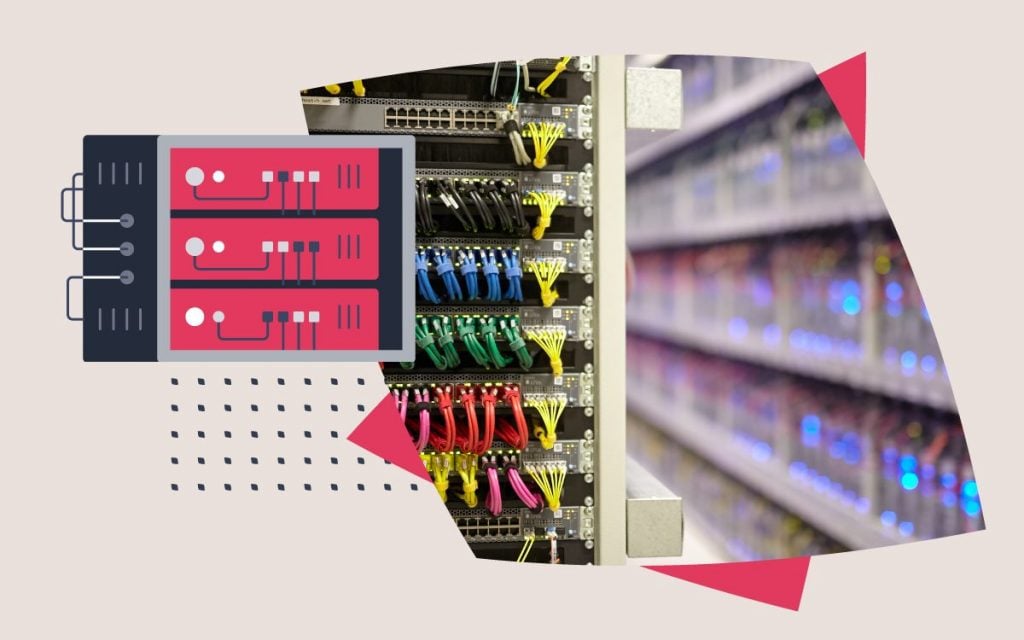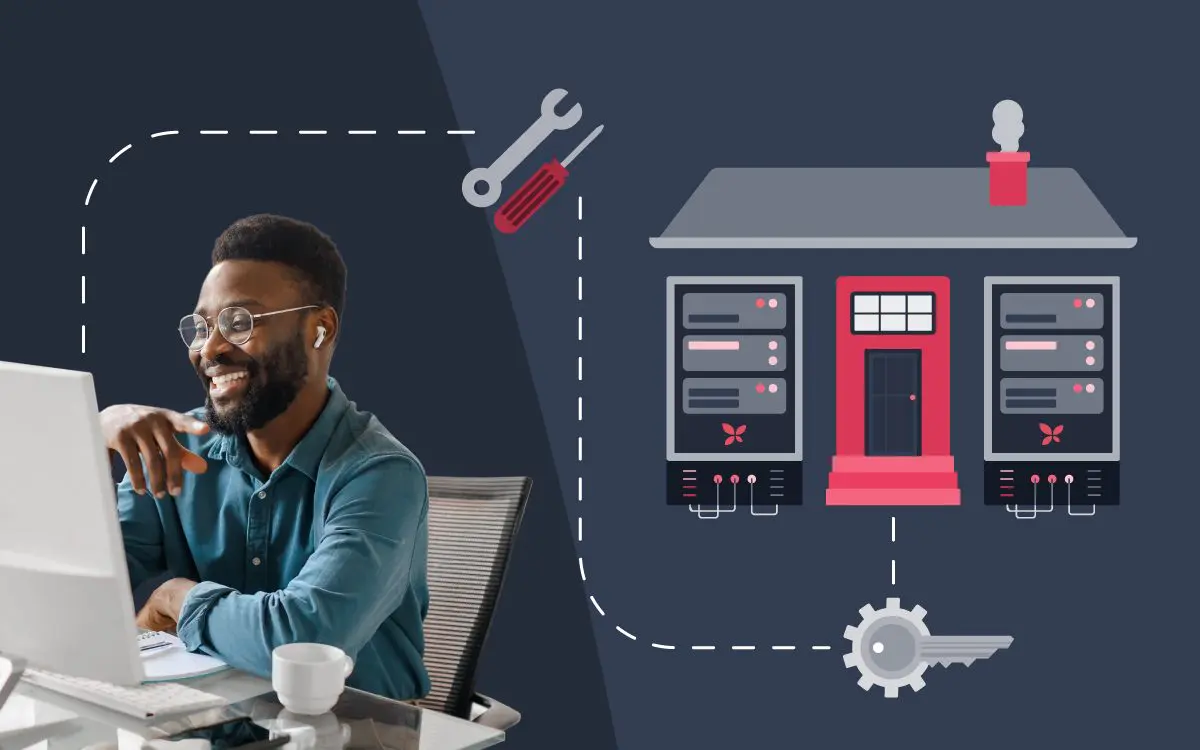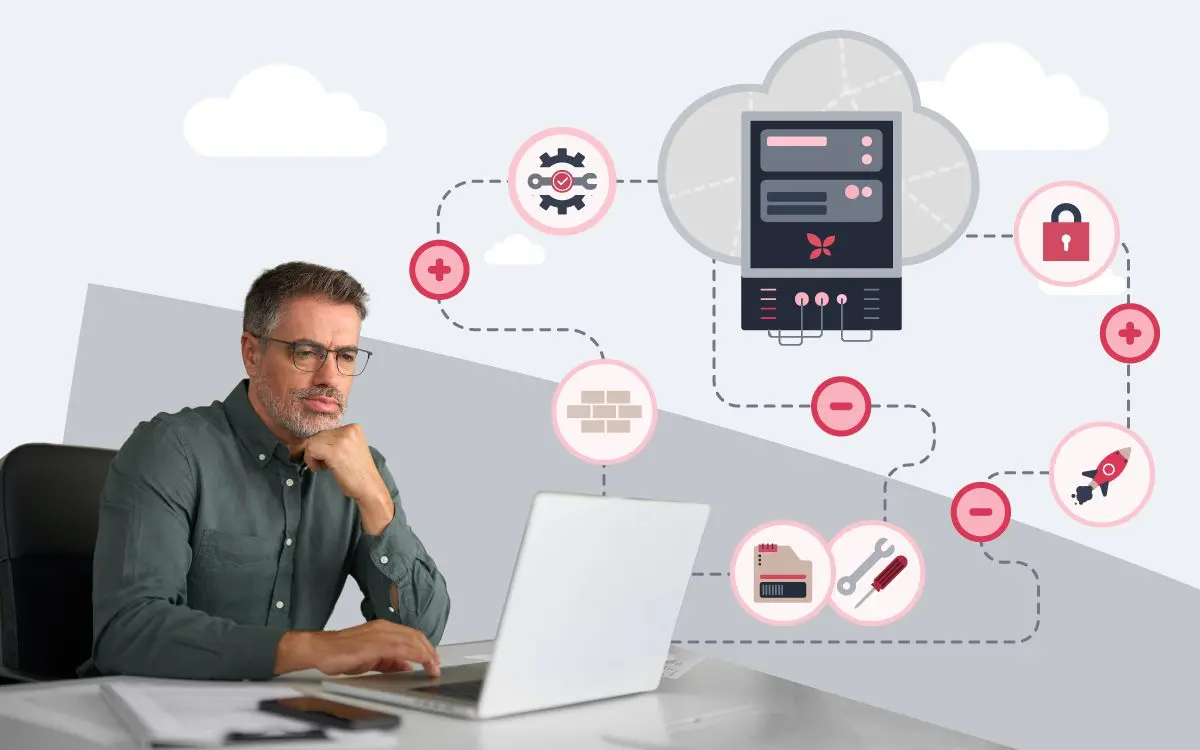PHP is an open-source programming language that is used primarily for web development. It is highly customisable and can be used to create dynamic websites, e-commerce platforms and web content management systems (CMS) such as WordPress.
As your web hosting provider, we update your PHP annually to ensure your website continues to perform at its best, and to reduce the threat of security vulnerabilities.
When PHP is updated, website owners often see a significant boost in performance and page speed. But what else should you be aware of?
Read on to learn more about PHP and the importance of why it needs to be kept updated.
PHP has a lifespan
When a PHP version reaches its end-of-life, which occurs once a year, security updates and bug fixes cease and that version is considered unsupported. An unsupported PHP version poses a security risk as it leaves websites vulnerable to security exploits. It’s important to remove versions that have reached end-of-life due to these risks.
What do I need to know about updates?
A PHP update could affect you if you have a website that was built using an older version of PHP or has not been maintained and updated in a long time. If your website is no longer compatible with the newer PHP version, this could cause your website to break or to function improperly.
As your web hosting provider, we will always let you know when we are planning to update your version of PHP, which will always happen before the old version’s end-of-life. We have set milestones in place to ensure this happens.
Can I check what version I’m using?
If you want to test the new PHP version beforehand, you can check which PHP version your website is using via the xneelo Control Panel and use the PHP Compatibility Scanner to find out if your website is compatible with the latest available version of PHP.
Remember, if your website is using a PHP version that is reaching its end-of-life and no action is taken, the PHP version will be upgraded automatically. It’s always advisable to test your website against the latest versions of PHP regularly, to keep your website stable, safeguarded against security vulnerabilities, and performing at its best.








